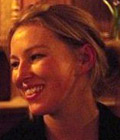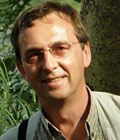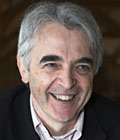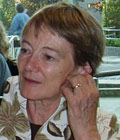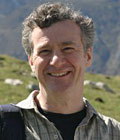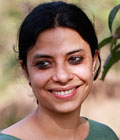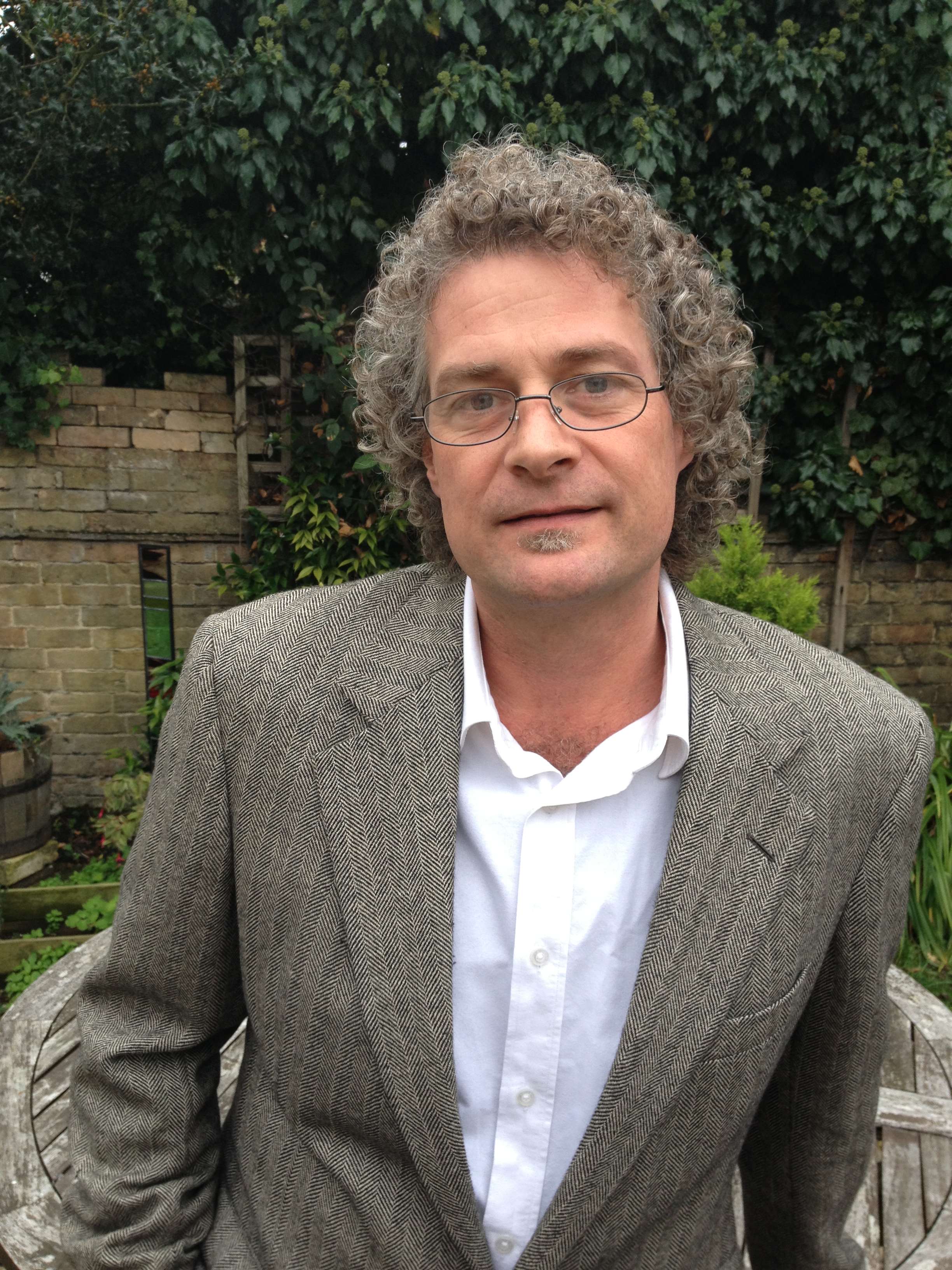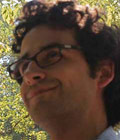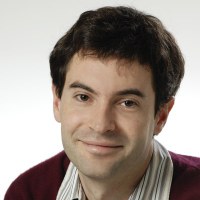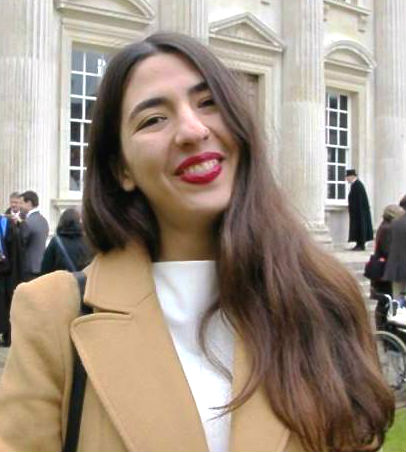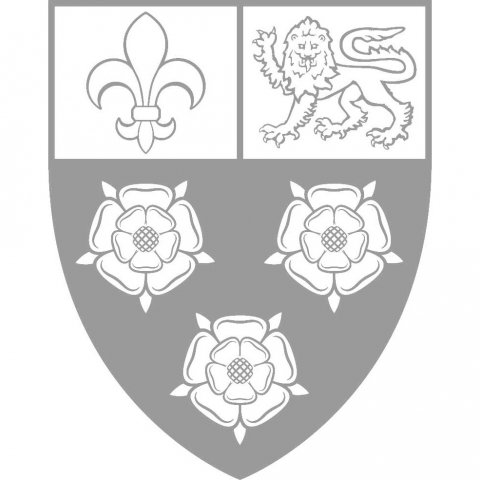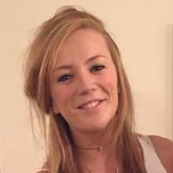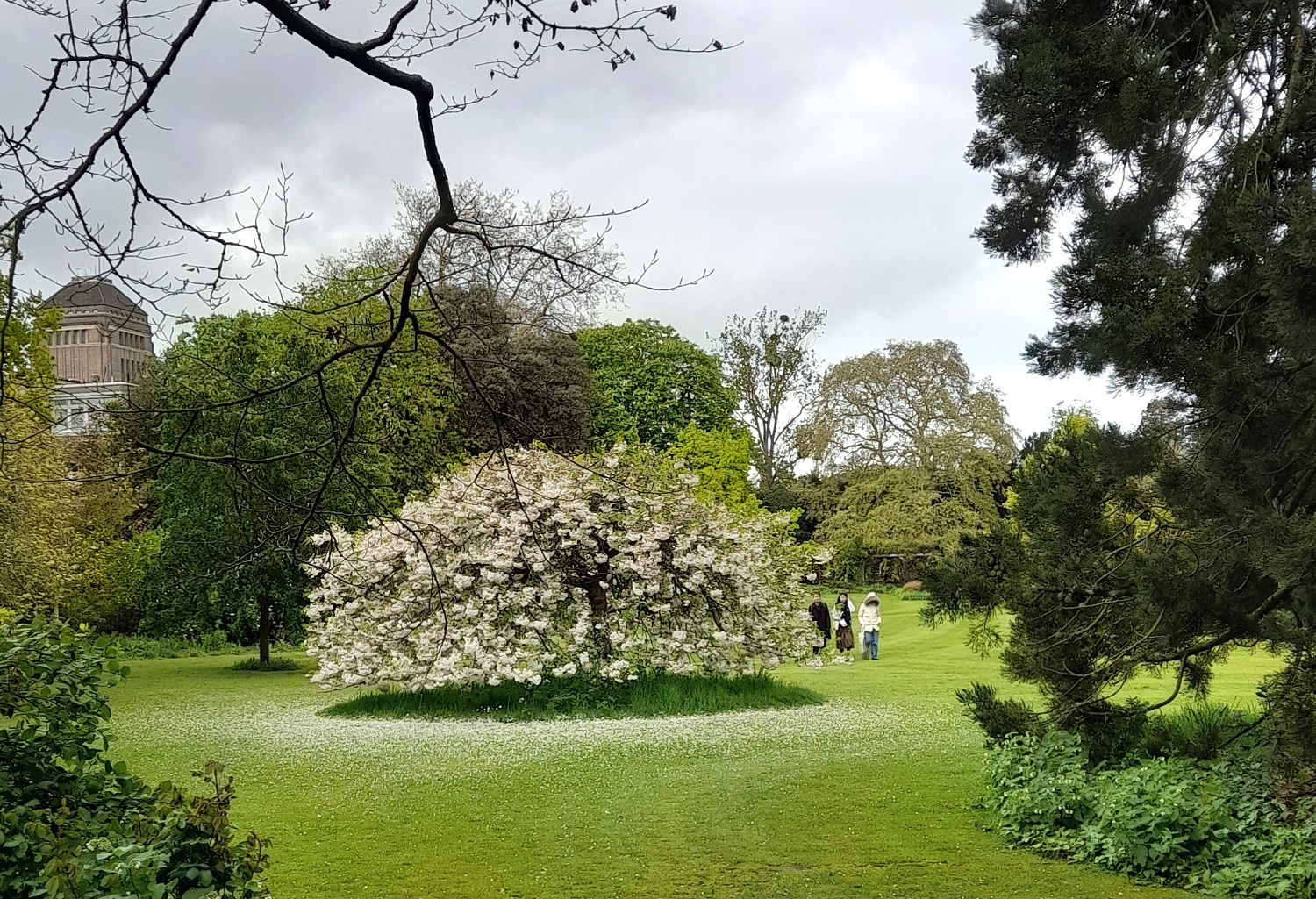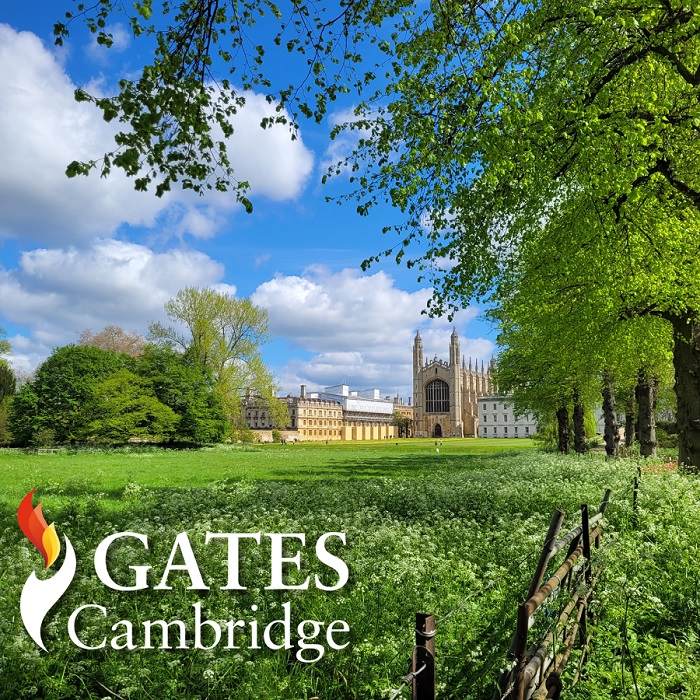If you want to pursue a degree in Politics and International Relations, Sociology, or Social Anthropology at Cambridge, this is the course for you. Human, Social, and Political Sciences (HSPS) is a three-year course that places the study of human social and political life in the widest international and comparative perspective. It enables students to try out new human and social sciences they may not have studied at school, but also to pursue their chosen subject to a high level of specialisation.
In the first year (Part I), students choose at least three courses from a range of subjects including Politics, International Relations, Social Anthropology and Sociology. If you wish, you can take a fourth course in Biological Anthropology, or one of the papers from Archaeology (including options relating to the study of the ancient Near East and Biological Anthropology) or from Psychological and Behavioural Sciences. This enables everyone to try some new and unfamiliar approaches to the study of human social and political life, before deciding how to specialise in the second and third years.
For the second and third years (Part II), students either pursue a comprehensive and intensive course in one of the main subjects in the Tripos - Politics and International Relations, Sociology, or Social Anthropology, or there are a number of two-subject combinations available, such as Politics and Sociology, Sociology and Social Anthropology, or Politics and Social Anthropology. All these courses have extensive opportunities for students to engage in fieldwork or other original research in the later stages of the degree.
A real strength of this course is its flexibility. HSPS works well for students who think they will be interested in one or several of its subject options, but would like the chance to explore them first before they choose how to specialise. Equally, however, students who already have a strong interest in one subject can tailor the course to their interests from the start, while keeping other options open in case they wish to pursue them later.
Human, Social, and Political Sciences (HSPS) at Cambridge
Undergraduate students and staff talk about studying Human, Social, and Political Sciences (HSPS) at the University of Cambridge. To find out more about this course, see www.undergraduate.study.cam.ac.uk memory of Aaron Rapport 1980-2019, the Department of Politics and International Studies would like to acknowledge the contribution of Dr Aaron Rapport to this film. More information about Dr Rapport’s work within the Department of POLIS can be found here,
King's has a very strong profile in HSPS, with an especially distinguished tradition and current teaching strength in Social Anthropology, Politics and Sociology. A remarkable number of the leading anthropologists in universities throughout the world have been educated at King’s, including Charles McBurney, Meyer Fortes, Sir Edmund Leach and Ernest Gellner.
King's has by far the largest number of undergraduate and graduate students working in these fields of any Cambridge College, and this rich intellectual community is one of the most rewarding aspects of studying HSPS here.
During term we have regular meetings, outside the formal course curricula, that bring together undergraduates, graduate students, and Fellows for informal discussion, film viewings, and so on. There is also a student-run politics society called King's Politics, which organises events in College involving top political speakers. These events give students studying all subjects an opportunity to listen to, engage with, and challenge some prominent voices in contemporary politics, and provide further stimulus for discussion in College.
As well as this rich intellectual environment, King's has a well-stocked College Library, which is a very pleasant space for researching and writing essays. In addition, students have easy access to the department libraries and Cambridge University Library just a few minutes walk away. All lecture theatres for HSPS are in close proximity to the College.
Careers of King's graduates in these areas cover a wide variety of fields. A significant proportion take higher degrees leading to research, teaching, and applied work in the social sciences. Others pursue careers in the media, government administration, international organisations, management, commerce, and many alternative professions. The analytical and critical skills, intellectual versatility and multicultural sensitivity you develop though the HSPS course are sought after by employers in all kinds of areas.
Fellows at King's in HSPS:
The number of students admitted to King's in HSPS will vary from year to year, but we expect to admit around fourteen undergraduates each year. We welcome applications from suitably qualified students at any kind of school, all over the world.
Subject Requirements
To apply to study HSPS at King’s, you do not need to have studied any particular subjects at school. A background in either sciences, or humanities, or a combination of both will do equally well. Some candidates study for school subjects in the HSPS disciplines or in other social sciences (such as Economics or History), but this is not essential and candidates from other backgrounds are also encouraged to apply.
Various things may be useful but are not required: knowledge of history, current and international affairs, philosophy, sociology, politics, economics, and biology; also helpful is aptitude with languages or mathematics. We will be impressed if you have had a sustained interest in one or other of the core HSPS subjects, but we also welcome students who are just developing a new interest, and it is by no means necessary to be equally interested in all the subjects and topics covered by the course. Many students with a passionate interest in, say, social anthropology, have never thought much about politics at all. All the first-year courses start without assuming prior knowledge.
The Typical offer for HSPS is A*AA (or IB 42, 7,7,6). We will usually ask for an A*/7 in an essay-based subject.
Written Work
Once HSPS candidates have applied through UCAS, they are required to submit two recent essays or equivalent pieces of school work. All applicants receive an email shortly after the application deadline with information about the next stages of the admissions process, including the information about written work.We will provide information on how to submit this after 15th October.
Written Assessment
If you are invited for an HSPS interview at King's, you have to take a written assessment. You don't need to register for this, the college will organise this for you and will provide information about this directly to you.
Interviews
Selected candidates are invited for an interview lasting 30 minutes with two Fellows in King's. Applicants invited to interview will also be required to sit an at interview written assessment.
Eleni, Ceylon, Nick and Juan have written about their experiences of studying at King's, including the teaching and specialisation, fitting in other activities, advice for picking a College, preparation in Sixth Form and what graduates go on to after the course. These accounts are well worth reading to get a sense of what studying Politics, Sociology, and the related HSPS subjects at King's is really like.
There is no required reading material for HSPS applicants, but you may find the reading suggestions and advice below useful. If you are interested in Social Anthropology, you may like to visit the Cambridge University Museum of Archaeology and Anthropology.
Events which may be of interest in the year before you apply (year 12 in the UK) include: Oxford and Cambridge Student Conferences, CU Masterclasses, and King's Open Days. Students from backgrounds where there is little tradition of entry to Higher Education might like to think about applying for the Sutton Trust Summer Schools or the CUSU Shadowing Scheme.
